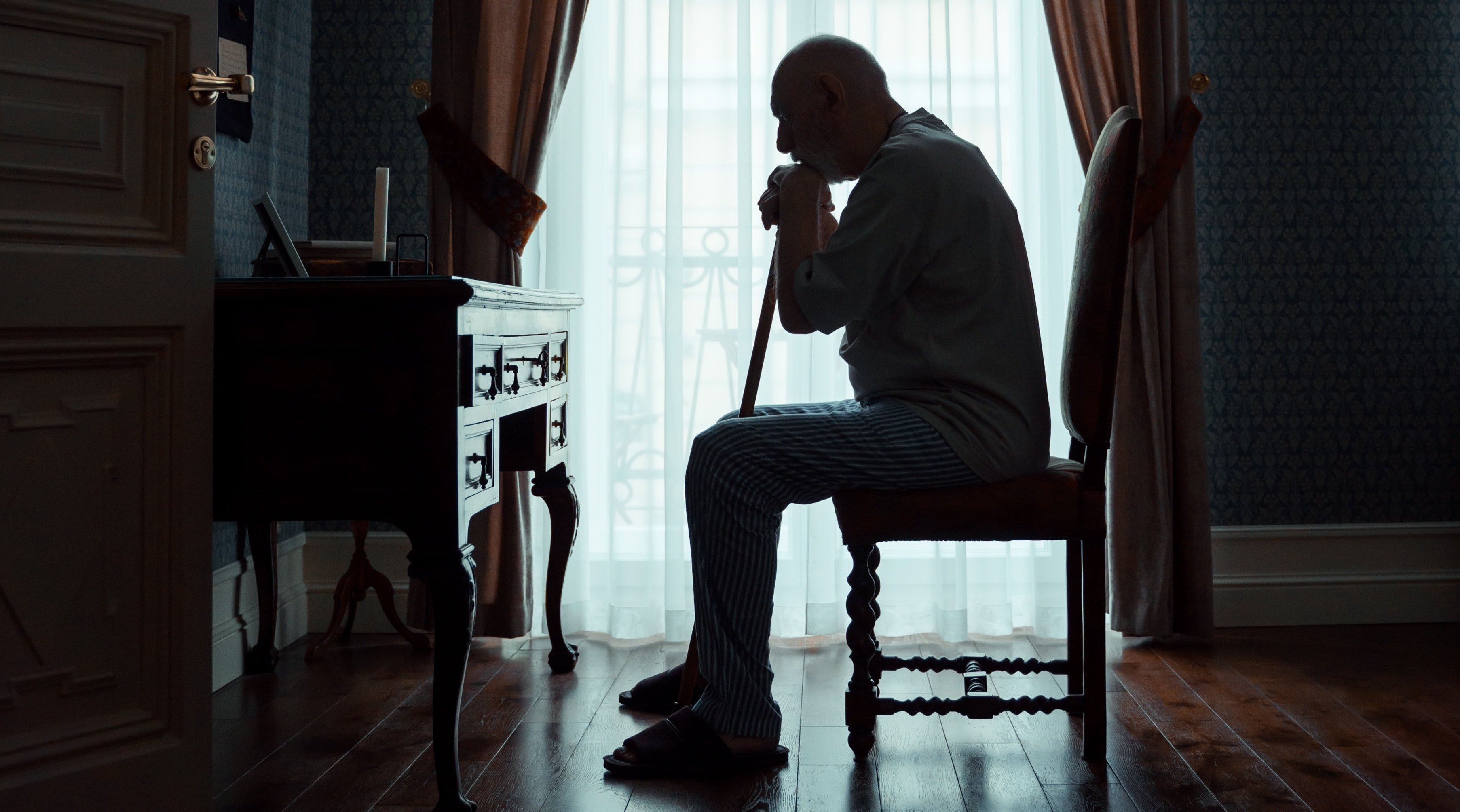As humans, we are by nature social creatures. Enter a global pandemic, and our entire worlds have been turned upside down. Nearly two-thirds of Americans are working from home, children are learning remotely, and most social interactions take place online. Many people have grown relatively accustomed to this new way of life, adapting to the limitations, but the negative impacts of social isolation on older adults—many of whom are not tech-savvy—have been compounded in recent months. In July, it was reported that 46% of adults 65 and older “said that worry and stress related to coronavirus has had a negative impact on their mental health,” up from 31% in May.
Effects on Mental Health
To protect healthcare workers and residents in assisted living facilities during COVID-19, residents have been quarantined in their rooms/residences, leaving them isolated and lonely. The effects of social isolation on the mental health of older adults can be devastating, leading to depression, anxiety and even Alzheimer’s. According to a study conducted by the Rush Institute for Healthy Aging, “the risk of Alzheimer’s nearly doubled in lonely adults, and mental decline was faster. This could be because isolated older people have less stimulation, or because their symptoms are less likely to be reported before the disease has progressed.”
Effects on Physical Health
Social isolation also contributes to health risks like a 29% increased risk of heart disease and a 32% increased risk of stroke. In addition to anxiety-induced ailments, these factors are compounded in quarantine by a poor diet and inactivity leading to rapid physical decline among older adults, which contributes to falls.
Suggestions
Below are some suggestions to engage older adults, and hopefully, combat these regressions:
- Set up a virtual museum tour. Here’s a list of 75 world-renowned museums offering interactive walk-throughs of their exhibits.
- Create a virtual book club where members can meet weekly to discuss their books.
- Ask them about their family and life events. Allowing them to recall life experiences will brighten their day and it’s a great way to engage those with cognitive impairments. Here’s a resource for ideas on conversation starters.
- Send a weekly email reminder to residents’ family members and friends encouraging them to check in.
- Have daily exercises residents can easily perform in their rooms. Focus on different movements each day so they are stimulating all of their muscle groups.

Fall Prevention
Fall prevention programs are so important to keep residents safe during the pandemic. To help communities facilitate exercise programs with their residents, we’ve made VSTBalance portable so you can bring the program to their rooms or right outside their rooms and test them regularly to ensure they’re not declining. VSTBalance exercise programs are designed to build endurance, improve flexibility and balance, and boost cognition. Best of all, integrating VSTBalance exercises into residents’ routines, breaks the cycle of isolation and loneliness.

